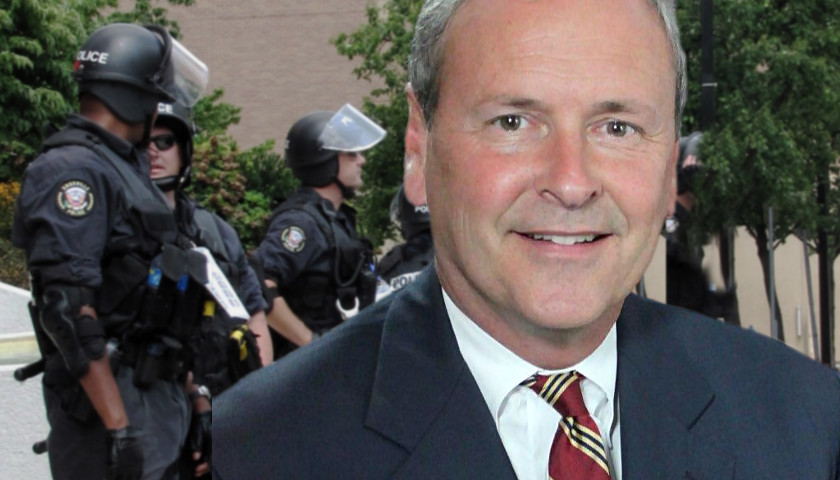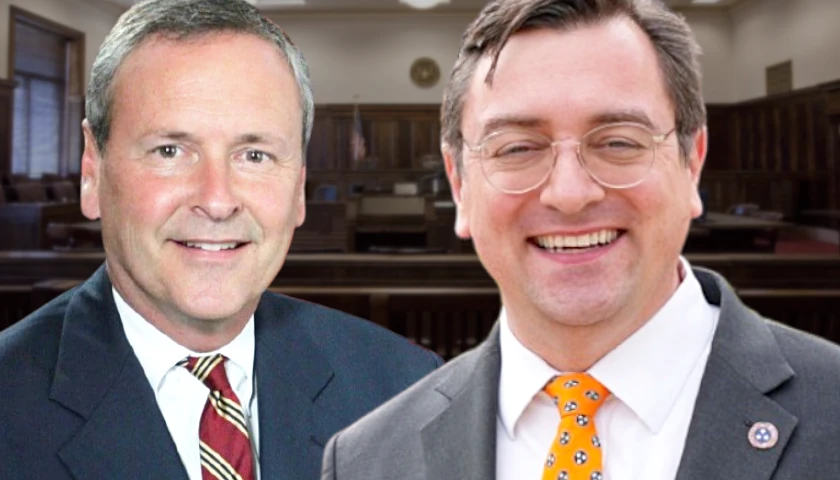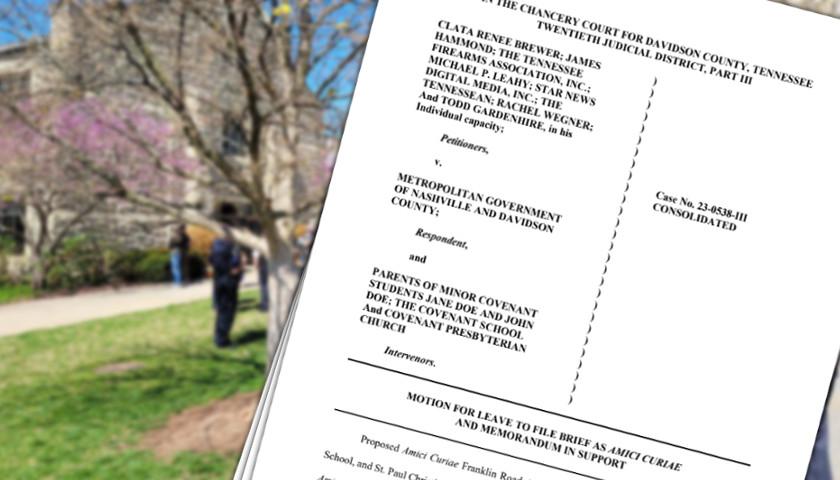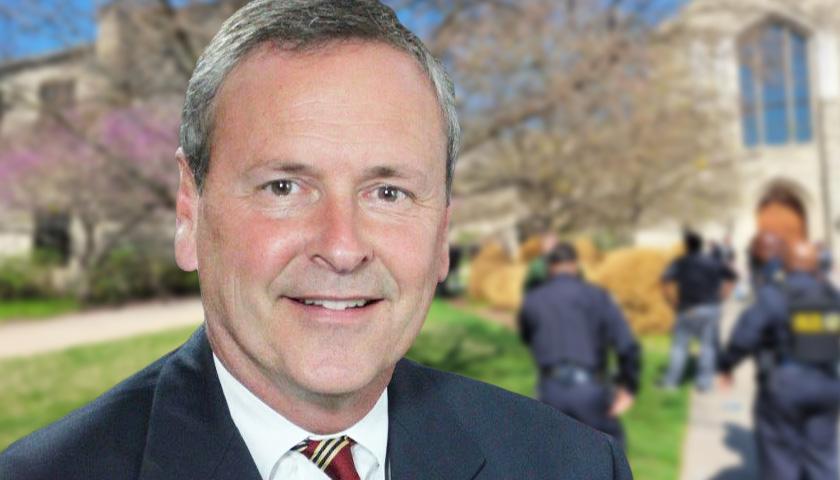NASHVILLE, Tennessee – Nashville’s criminal justice system needs close to $30 million to process and, if needed, redact videos that law enforcement officers record either through their body cams or from cameras mounted on their vehicles.
This, according to Nashville District Attorney Glenn Funk on Monday, at a meeting at the Metro Courthouse with members of the Metro Nashville Council and the city’s Community Oversight Board.
If handled incorrectly, this new technology could jeopardize people’s privacy concerns and personal safety, according to one of the two out-of-state consultants who spoke alongside Funk.
Officials, for instance, will have to redact certain videos to protect people’s privacy.
“The total cost appears to be somewhere between $14 million to $30 million to the district attorney. Around $14 million for our public defender. And $2 million to $3 million for our criminal courts, at least. That does not include the monies that will go to our police department (for the cameras) because those are additional and significant,” Funk said.
“But if we underfund then we create delays in the criminal justice system, and victims and defendants have their right to justice delayed. We put victims and witnesses at risk if we underfund the system. We will appear to be less transparent if we underfund the system. Underfunding will undermine criminal defense in this state. Worst of all it could erode public confidence in law enforcement.”
Consultant Paul Wormeli, with the Virginia-based Wormeli Consulting, said Nashville police will have 3,240 vehicle-mounted and body work cameras.
“The police have estimated, based on the experiences of other jurisdictions, that each camera will generate some four hours of video each day. If you multiply, that means you have 12,960 hours of video created every single day,” Wormeli said.
“Not all that video gets forwarded to the criminal justice system for processing — only that which is evidentiary, only that which has the potential to be used in a trial or processing of a criminal justice case. The estimate from others is that some 10 percent of that video generated each and every day will have evidentiary implications. That brings us down, fortunately, to only 1,296 hours of video.”
In 2018, Nashville had 8,297 felony arrests, about 20,000 misdemeanors, and about 26,000 citations, Wormeli said.
“We know from the experience of other places that we generate two hours of video for each arrest for a felony and eight tenths of an hour for misdemeanors and citations, so if we multiply that all out, and it really means if that is the basis that we use, then that 50,904 hours of video gets presented to the prosecutor,” Wormeli said.
Funk’s office, in that scenario, would need 248 new people to handle the extra workload, Wormeli said.
Meanwhile, another consultant, Kay Chopard-Cohen, said the judicial system must consider victim and witness safety because of these body cams.
“Once a witness knows they will be shown on camera, and that will be shown to who knows (who), sometimes that has the ability to reduce the cooperation witnesses are willing to give police,” Chopard-Cohen said.
“We already have some concerns about intimidation that can be done with these witnesses. Many witnesses feel it is a bit of a deterrent, and they are reluctant now to cooperate on cases.”
Funk said he obtained state funding to hire the consultants so they could write a formal report to present to the mayor and members of the Metro Council.
Funk said the consultants’ final report is nearly complete.
– – –
Chris Butler is an investigative journalist at The Tennessee Star. Follow Chris on Facebook. Email tips to [email protected].






[…] The Tennessee Star reported in October, Nashville’s criminal justice system needs close to $30 million to process and, if needed, redact […]
Is this really worth it?
“Once a witness knows they will be shown on camera, and that will be shown to who knows (who), sometimes that has the ability to reduce the cooperation witnesses are willing to give police,” Chopard-Cohen said.
It also has the effect of changing a lying officer’s tune when he knows he won’t get his way in the his-word (always assumed true by his fellow state employee with the robe) against-yours case in the kangaroo revenue court.
https://www.youtube.com/watch?v=BdQU_zv6Iqw
This argument sounds pretty bogus to me. When the state WANTS to record you, the argument is you shouldn’t care unless you have something to hide, there is no right to privacy in a public place so we can record you without your consent, etc (see traffic cams, license plate cams, speed cams, CCTV everywhere, stingray/prism, gps trackers, access to phone mic/camera/gps). If all that is true, then why would there be any need to redact all of this video in the day-to-day conduct of a peace officer?